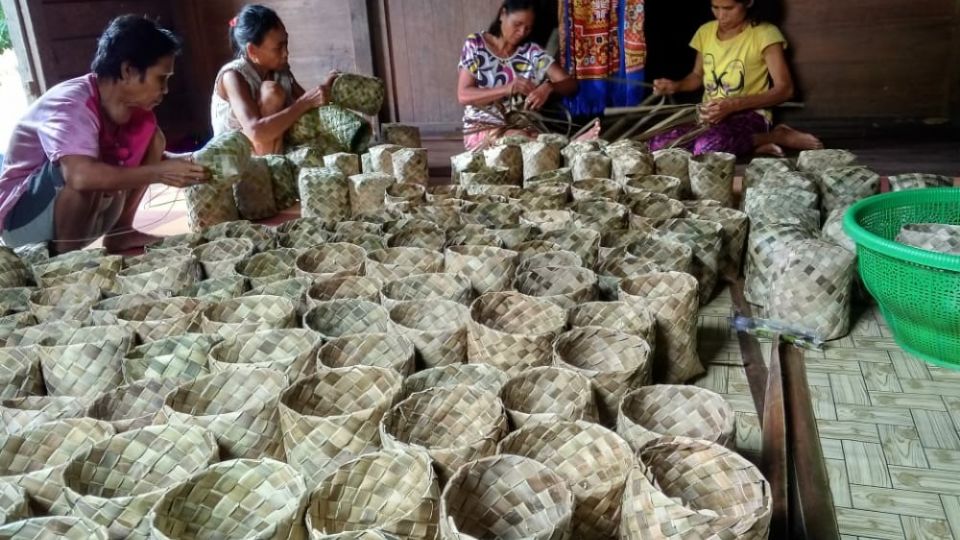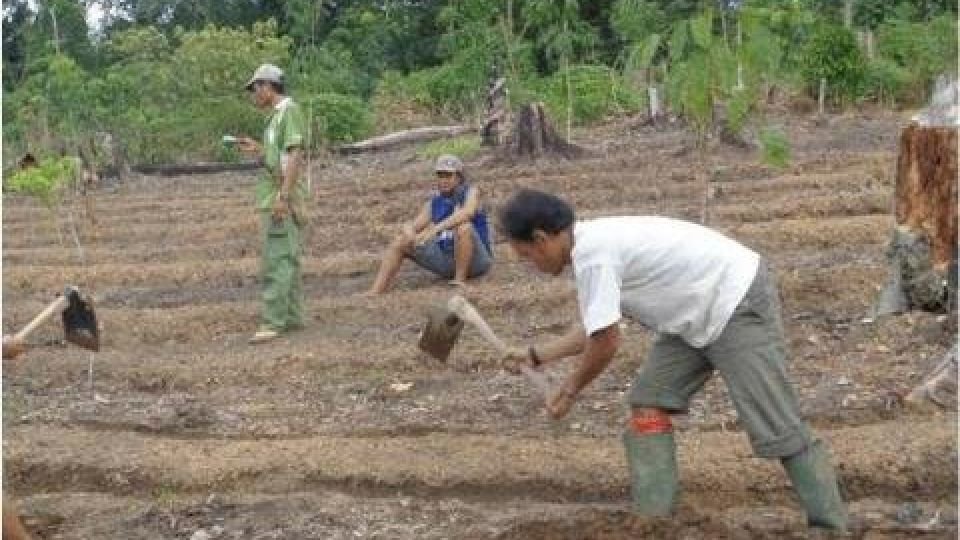


Protect the
Forest
Introduction
Forests are home to about 80% of the world’s land biodiversity, including many varieties of trees, plants, animals, birds, insects and fungi working together in complex ecosystems.
They also play a vital role in stabilising the climate. They do this by absorbing carbon dioxide that is released from burning fossil fuels every year. But because forests also store carbon, deforestation releases greenhouse gases into the atmosphere and, with fewer trees, less carbon dioxide is removed from the atmosphere.
The world’s tropical forests are most commonly cut down or burned to make way for industrial-scale food production, as well as palm oil, timber, pulp and paper. Global demand for these products drives deforestation which destroys precious wildlife habitats.
The plight of the orangutan in Indonesia has reached a critical stage. The survival of the species is under serious threat. Orangutan populations are declining rapidly owing to hunting and the large scale destruction of their habitat.
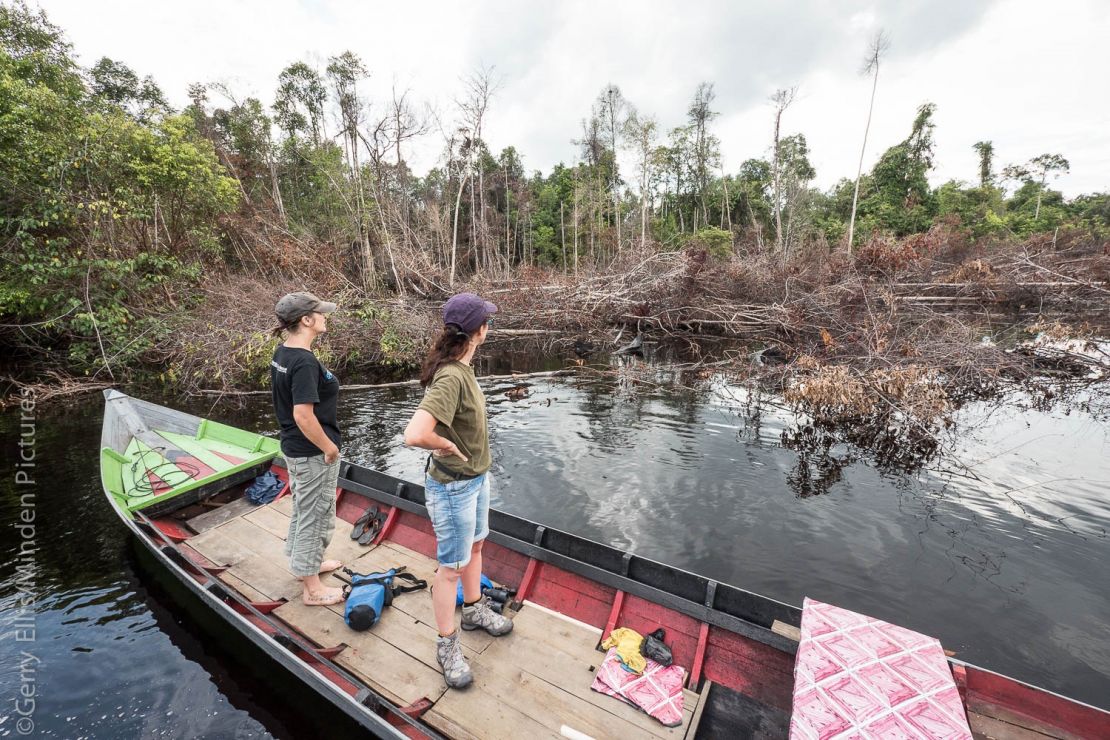
Deforestation forces orangutans out of their forest homes and sadly many succumb to starvation without adequate food and water supplies. Seen as a threat to livelihoods, some farmers attack those that do survive when they venture onto their land.
In many cases, mother orangutans will take higher risks to feed their babies and end up venturing onto farmland or into villages. The mother is often chased out of the local area, or in some cases she is attacked with fatal consequences – leaving the baby vulnerable and alone.
Orangutan babies are then illegally sold as pets, destined to spend their entire lives in captivity, chained up or imprisoned in tiny cages. However, gradually over the years since IAR Indonesia first started its orangutan conservation project in West Kalimantan, village communities have worked more and more closely with the team and informed them of any orangutans in need of rescue.
Take Action Today!
Bornean orangutans are perilously close to extinction but it’s not too late to save them! They urgently need your help today. Please join the fight to save this Critically Endangered species.
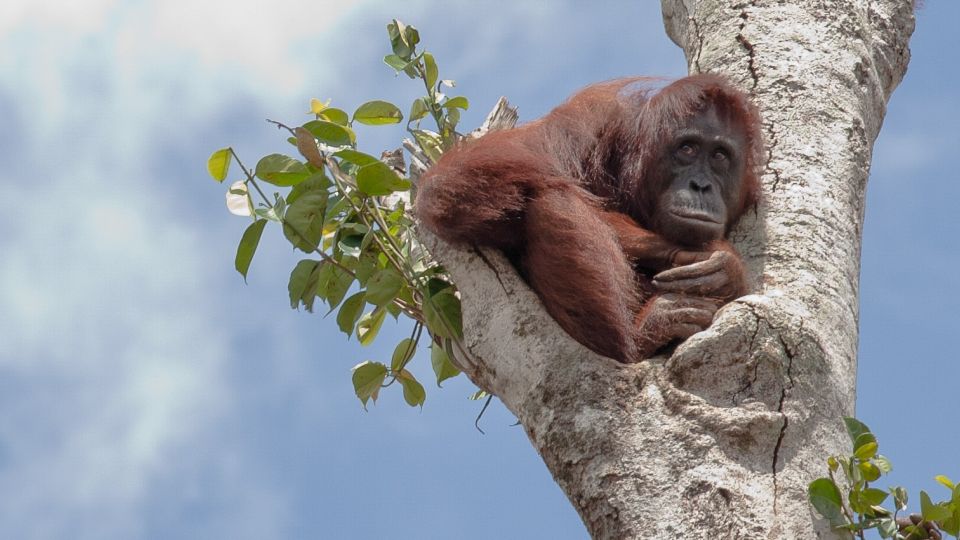
Donate today and help fund our work with this critically endangered species.
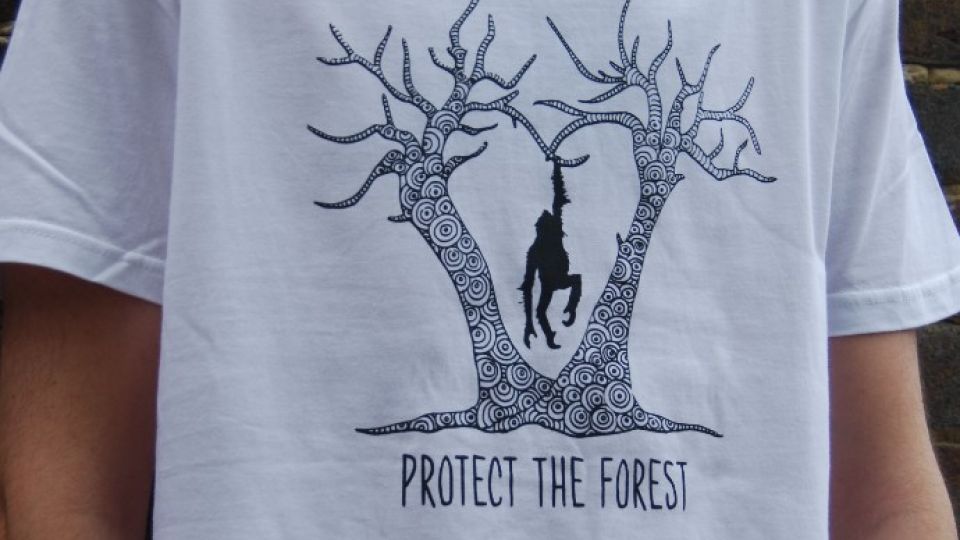
Buy the ‘Protect The Forest’ t-shirt and help us spread the word!
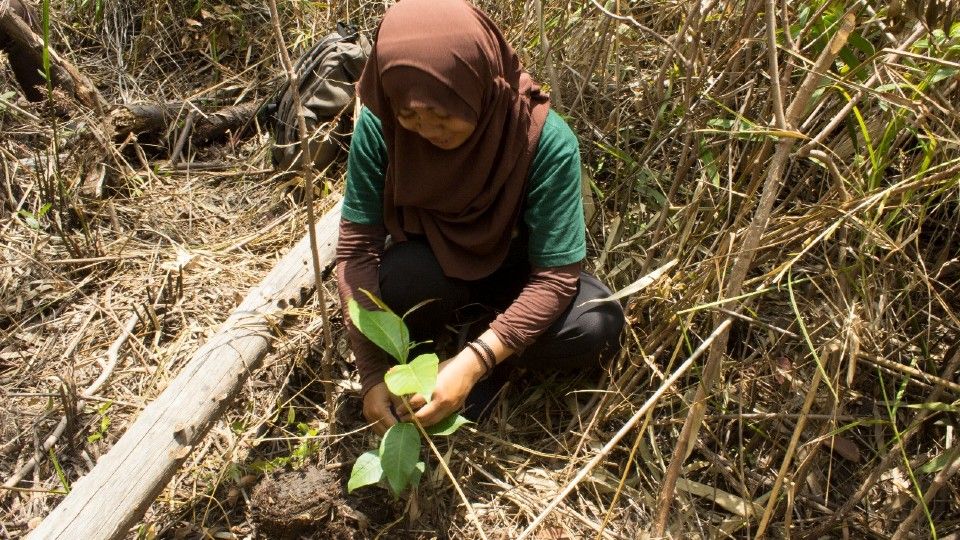
Plant a tree and help us combat the rapid deforestation taking place.
How we're restoring the rainforest
Tree Planting
Today, Indonesia is the most deforested country in the world.
Since 2015, we have been working with local communities to develop a reforestation programme following devastating forest fires, wiping out 2,000 hectares. Our aim is to restore these burnt areas of forest and to build sustainable development programmes within the local communities where we work.
A key objective of this project is to incorporate the local people across every stage of replanting. Therefore, we work with villagers who collect seedlings from the forest and then 17 local women plant them into polybags and grow them in their gardens.
The women are taught how to care for the seedlings, by watering them every morning and afternoon. It takes around 3-4 months for seedlings to reach the required 15cm, at which point we purchase the living seedlings from the local women. These are then planted into the burnt areas of the community forest in 4 x 5m rows, during the wet season.
Our ultimate aim is to replant a total of 75,000 seedlings and we are thrilled to report a 99% success rate with the seedlings we have selected.
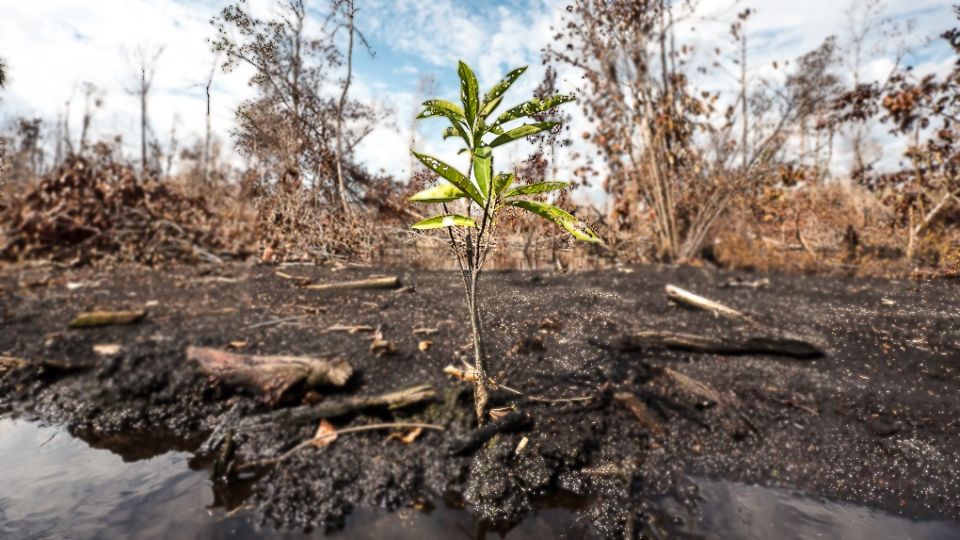
Education
We work with the younger generation to protect the forest for the future.
To do this, we run conservation camps, which take place in the forest of Pematang Gadung, near our Orangutan Conservation Centre. These camps are targeted at local teenagers, to develop and foster their interest in conservation. We hope to inspire them to become active stewards in the protection of Borneo’s natural resource and show them how decisions they make in their everyday lives can impact the environment.
Each conservation camp lasts three days and includes many different interactive activities, games and presentations, with the main event occurring on the second day, when participants are taken into the forest for a trek, visiting three pre-prepared learning posts.
The added benefit of conducting these activities in Pematang Gadung is that wild orangutans are often spotted, giving us a very useful free teaching assistant! On the third and final day, we teach the students about sustainability and green living, including 5Rs of environmental practices - Reduce, Reuse, Recycle, Replant and Replace.
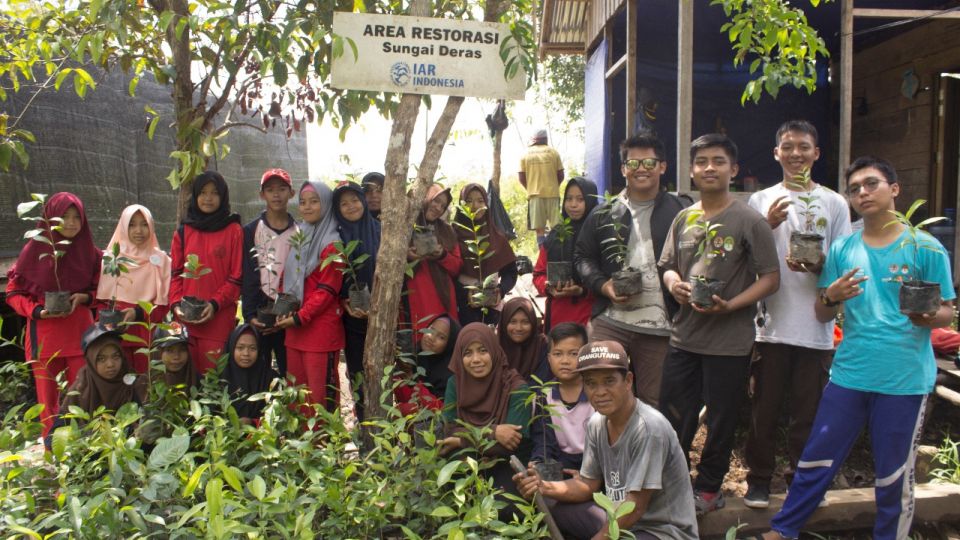
Alternative Livelihoods
We are dedicated to inspiring and empowering local farmers to play a part in protecting the forest which they depend on for their livelihood. For many years, farmers have used the practice of ‘slash and burn’ to clear land for cultivation. However, this method is not only unproductive for farmers, it also plays a huge part in the widespread devastation caused by forest fires during the dry months.
In order to protect precious orangutan habitat from these unsustainable farming methods, we have established a programme encouraging the use of organic farming techniques.
At our Orangutan Conservation Centre there is a small training facility where local farmers can come and learn about organic farming. Organic techniques use livestock manure and food waste as non-chemical fertilisers and ginger as a natural pesticide.
By encouraging and teaching these methods, we are helping to reduce the reliance on ‘slash and burn’ farming and so too the risk of forest fires. As well as being better for the environment, this method is also cheaper and produces a much higher crop yield per hectare. To encourage local farmers to adopt these methods and stick with them, their produce is purchased at a competitive rate by local supermarkets.
